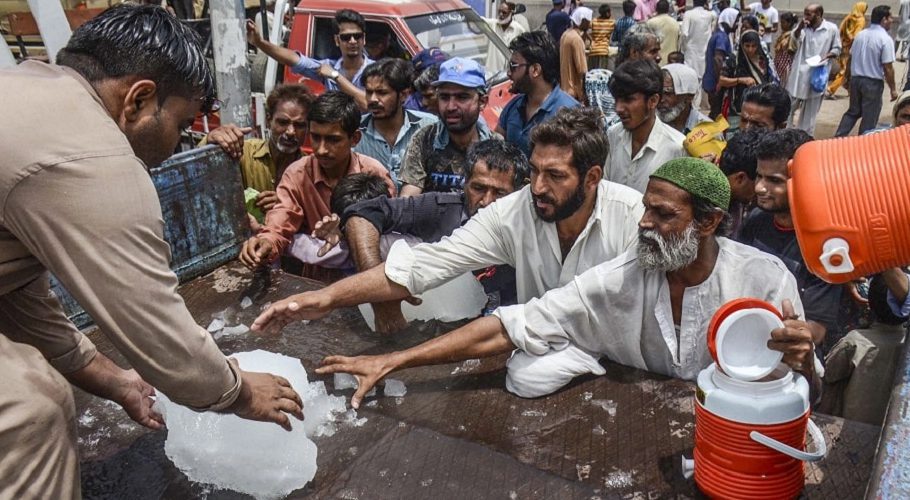![]() Follow Us on Google News
Follow Us on Google News
Basically, the process of default in any country starts when it is unable to repay its own debt and has to borrow more to repay it. This series of usury can completely destroy any country.
Now, what could this destruction be? For example, worst inflation, historical scarcity of food items and crisis of petroleum products to not being able to import and export from other countries and other sufferings can be considered included in this destruction.
It is also important to mention here the 10 possible situations and events that can happen after any country goes bankrupt so that the economic situation can be clear.
If a country goes bankrupt, it means that it is unable to pay its debts. Here are ten possible outcomes of a country going default:
First, the country may need to restructure its debt, which involves negotiating with its creditors to reduce the amount it owes.
Secondly, the country’s credit rating may be lowered, which means that it will be more difficult and expensive for the country to borrow in the future.
Third, the country’s currency may depreciate, which means it will lose value against other currencies. This may increase inflation and make imported goods more expensive.
Fourth, the government of such a country may need to take austerity measures such as cutting public spending or raising taxes to reduce its debt.
Fifth, the country’s economy may face recession as a result of insolvency and the measures taken to deal with it.
Sixth, the country may need to sell assets, such as government enterprises or natural resources, to raise money to pay off its debts.
Seventhly, citizens of the country may experience a decline in their standard of living due to less government services, higher taxes and a weak economy.
Eighthly, the country may face social unrest as a result of economic difficulties caused by default.
Ninthly, the entire country will appear dependent on international aid to meet its basic needs.
Tenth, it may also have implications for other countries and the global economy, as lenders and investors may become more cautious about lending to or investing in other countries.


















